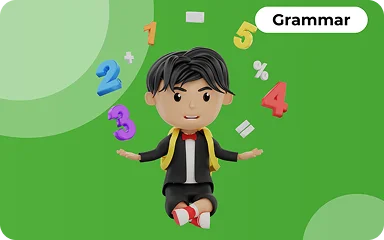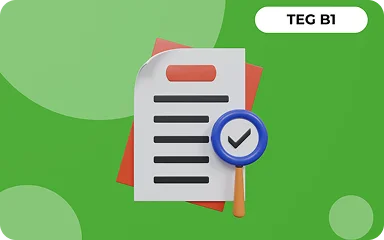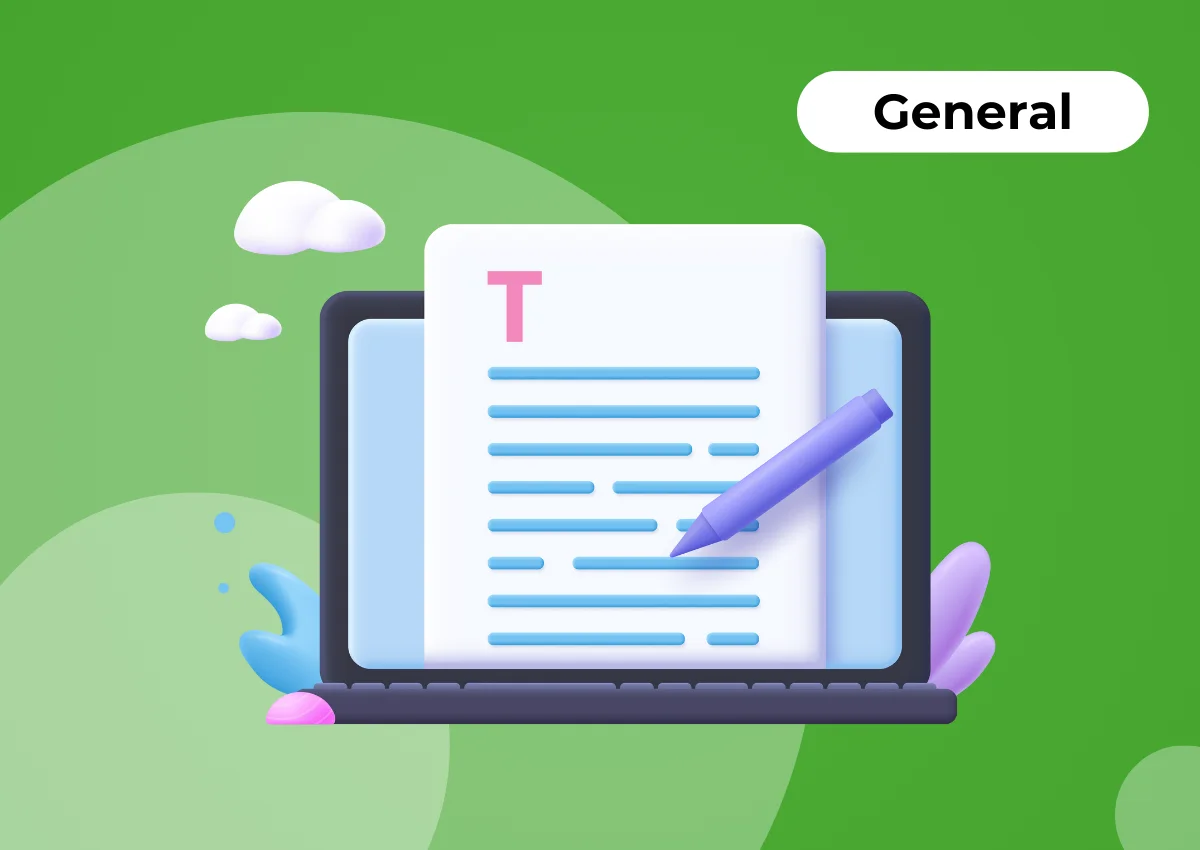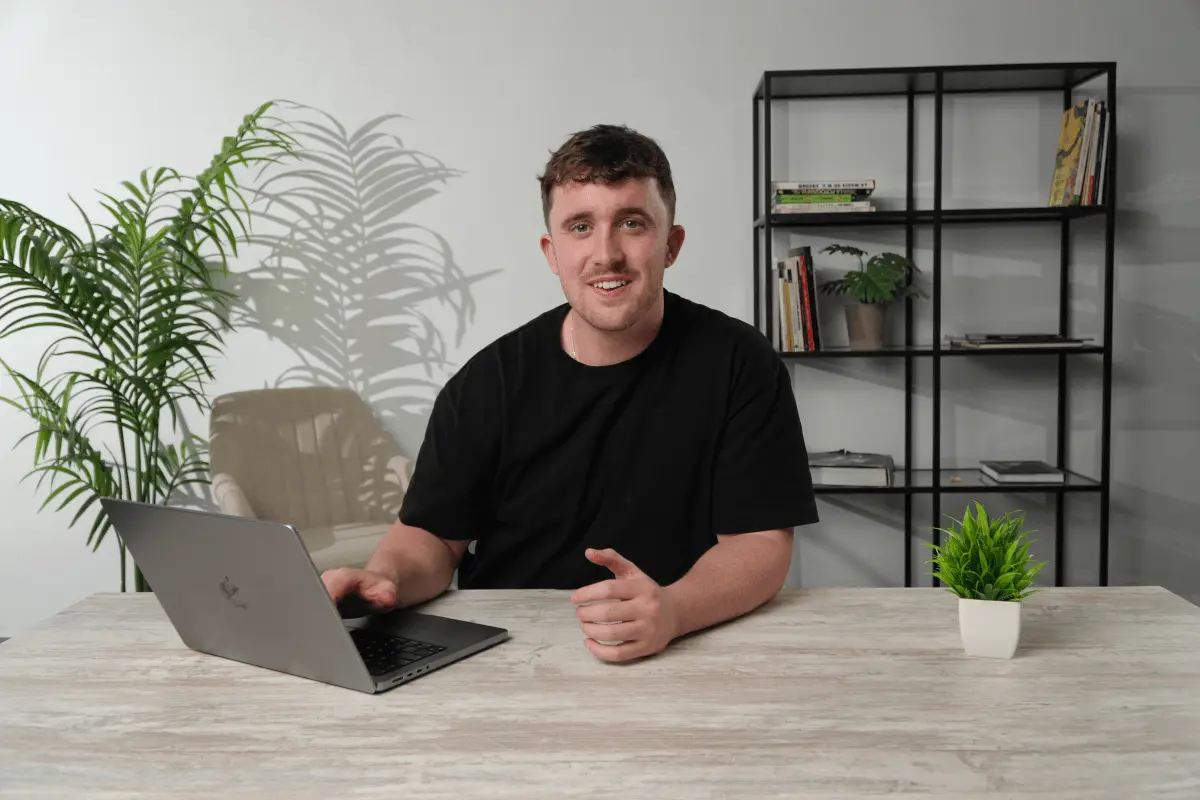Introduction
Applying for the Professional Master of Education (PME) program at Hibernia College? One of the most important steps in the admissions process is preparing for the Irish oral interview.
Hibernia’s Irish oral interview assesses your conversational fluency, vocabulary, and comfort in Irish—skills essential for teaching in primary schools. While complete fluency isn’t required, remember this is a Level 9 course, so strong Irish skills are expected. This guide covers the interview structure, common questions, and key preparation tips.
Who needs to do the Hibernia Irish Oral?
PME applicants must complete the Hibernia Irish oral to demonstrate their ability to teach Irish, a core primary school subject. This interview shows you’re prepared to engage students in Irish and support Ireland’s linguistic heritage. However, applicants who score 65% or above in the TEG B1 exam are exempt from this requirement.
Structure of the Hibernia Irish Oral Interview
Understanding the interview format can ease nerves and help you feel prepared. Here’s a breakdown of the structure for the Hibernia PME Irish oral:
- Takes place during entrance interview: The Hibernia entrance interview consists of two parts: one in English and one in Irish. You’ll have the option to choose which language to start with, based on your comfort level.
- Interview Duration: The Irish and English segments each last around 10-12 minutes, bringing the total interview time to roughly 20-30 minutes.
- Two Interviewers: During the interview, two interviewers will be present. One will handle the Irish section, while the other will lead the English portion. Each interviewer focuses only on the language section they’re responsible for, making the transition between languages smooth and clear.
- Question Style: Questions are typically brief and straightforward, covering a broad range of familiar topics. The interview doesn’t focus on long, detailed discussions but rather on your ability to respond naturally to various topics and switch quickly between questions.
Hibernia Irish Oral Questions
Knowing the kinds of questions that may come up can make a big difference in your preparation. Here’s a guide to typical question themes and examples to help you practise.
1. Personal Background and Daily Life
These questions are designed to warm you up and get you comfortable with the conversation. Keep responses simple, clear, and to the point.
- Cén chaoi ar tháinig tú anseo inniu?
(“How did you get here today?”) - Inis dúinn faoi do cheantar féin.
(“Tell us about your area.”) - Cé mhéad atá i do chlann?
(“How many people are in your family?”) - Cad iad na caitheamh aimsire atá agat?
(“What hobbies do you have?”)
2. Education and Work Experience
These questions allow interviewers to understand your academic and career background, especially any experience with children or teaching-related roles.
- Cad a rinne tú san Ollscoil?
(“What did you study in college?”) - An bhfuil taithí agat a bheith ag obair le páistí?
(“Do you have experience working with children?”) - Cén post atá agat faoi láthair?
(“What is your current job?”)
3. Motivation for Teaching
Interviewers are interested in your reasons for wanting to become a teacher and what qualities you think make a good educator.
- Cén fáth ar mhaith leat a bheith i do mhúinteoir?
(“Why do you want to be a teacher?”) - Céard iad na tréithe a bhaineann leis an dea-mhúinteoir?
(“What are the qualities of a good teacher?”) - Inis dom faoin múinteoir ab fhearr a bhí agat riamh.
(“Tell me about the best teacher you have had.”)
4. Broader Topics
Occasionally, interviewers will bring up broader subjects to test your adaptability and vocabulary. Don’t stress over these—they’re more about keeping the conversation going and seeing how you handle different topics.
- Cad iad na míbhuntáistí a bhaineann le teicneolaíocht do dhaoine óga?
(“What are the disadvantages of technology for young people?”) - Cad a dhéanfá dá mbuafá an crannchur?
(“What would you do if you won the lottery?”) - Cén ról atá ag oideachas i saol an duine?
(“What role does education play in a person’s life?”) - Cad iad na buntáistí agus na míbhuntáistí a bhaineann le hobair ghrúpa sa seomra ranga?
(“What are the advantages and disadvantages of group work in a classroom?”)
Tips to Prepare for the Hibernia Irish Oral Questions
Success in the Irish oral interview is about building comfort and confidence in the language. Here are some practical ways to prepare effectively:
- Practise Daily Conversation
Aim to speak Irish for 15-30 minutes daily. You can practise with friends, join online conversation groups, or even talk to yourself to improve fluency. - Use Online Resources for Irish Language
Websites like abair.ie and focloir.ie offer vocabulary, grammar assistance, and pronunciation tools. Watching TG4 or tuning in to Raidió na Life can also help you familiarise yourself with various Irish accents and conversational styles. - Do Mock Interviews
Simulating the interview experience with a friend or tutor who speaks Irish can boost your comfort level. Mock interviews help you get used to responding on the spot, making it less likely you’ll feel nervous during the real interview. - Do a Preparation Course
Consider taking a dedicated preparation course, like the Gaeilgeoir Guides Hibernia Irish Oral Preparation Course. This course offers in-depth notes delivered straight to your door, along with mock interviews to simulate the real experience. With a structured approach, you can build a solid vocabulary around key topics such as family, education, hobbies, teaching, and local areas, making it easier to confidently tackle similar questions in the actual interview. - Avoid Memorising Large Responses
Rather than memorising, practice discussing topics naturally and in different ways. This approach keeps your answers flexible and makes you sound more genuine.
Tips for the Interview Day
On the day of your interview, a few simple tips can help you stay calm and focused:
- Arrive Early: Give yourself plenty of time to settle in and go over any last-minute notes.
- Dress Comfortably but Professionally: A neat, smart-casual outfit is usually best. Dress in a way that helps you feel confident.
- Stay Positive and Friendly: A positive attitude and smile make a great first impression and can help you feel more relaxed.
- Relax Between Questions: If you get stuck, take a deep breath, and give it another go. Interviewers understand it’s a high-stress situation, and they’re looking for effort as much as fluency.
FAQs for the Hibernia Irish Oral Interview
- What level of Irish do I need for the PME Irish oral?
You should be comfortable with conversational Irish. You don’t need perfect fluency, but you should be able to discuss topics smoothly and naturally. - How long is the Irish part of the interview?
The Irish segment is around 10-12 minutes, with the total interview lasting about 20-30 minutes. - What topics should I focus on while preparing?
Focus on personal background, education, work, teaching, and broader topics like technology and education. Familiarising yourself with these will make answering questions easier. - Should I memorise my answers?
Memorising responses isn’t recommended, as it often sounds unnatural. Instead, focus on practising naturally for different topics to sound more genuine. - Can I bring notes to the interview?
Notes aren’t allowed. Prepare in advance to answer comfortably without prompts.
Final Notes
Preparing for the Hibernia Irish oral interview can feel challenging, but with consistent practice and the right resources—like the Gaeilgeoir Guides Hibernia Irish Oral Preparation Course—you can build the fluency and confidence needed to succeed. This course offers practical tools like mock interviews and in-depth notes, helping you focus on speaking naturally and covering common interview topics. With these strategies, you’ll be ready to tackle the Irish portion of your interview and move one step closer to teaching in Ireland’s primary schools.
Good luck—Go n-éirí leat








